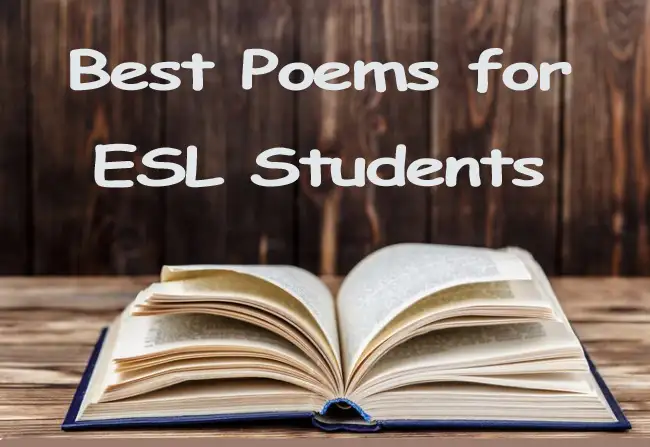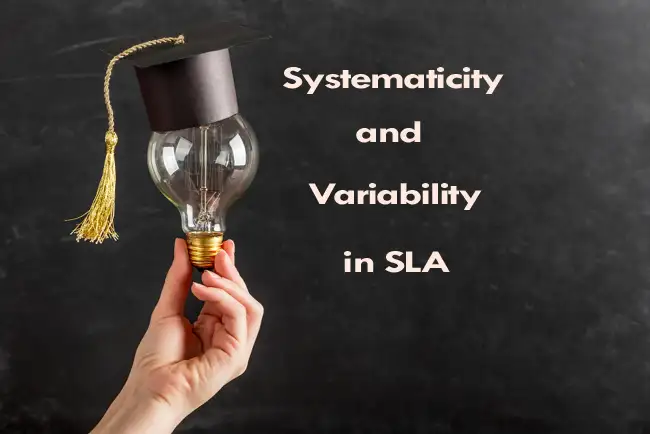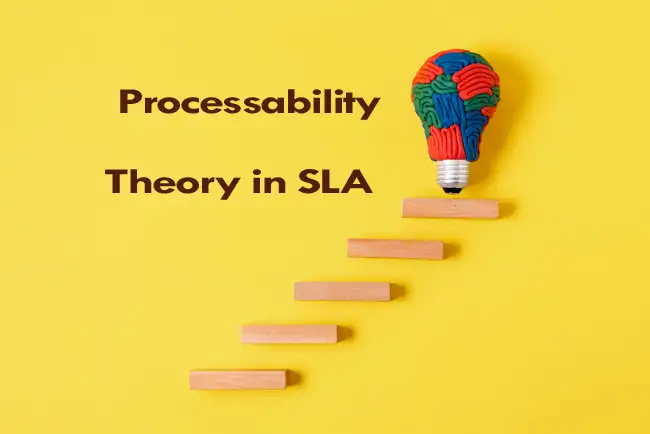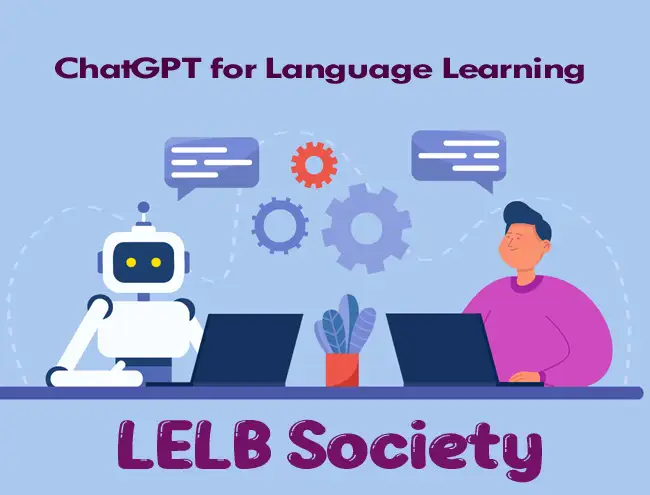Psycholinguistic Models in Second Language Learning
Psycholinguistic models in second language learning written and narrated by Dr. Mohammad Hossein Hariri Asl Author: Dr. Mohammad Hossein Hariri Asl Video of psycholinguistic models in language learning Watch this video on YouTube Abstract In the late 1960s, after behaviorism and at the start of Transformational-Generative Grammar proposed by Chomsky, A great deal of emphasis …









